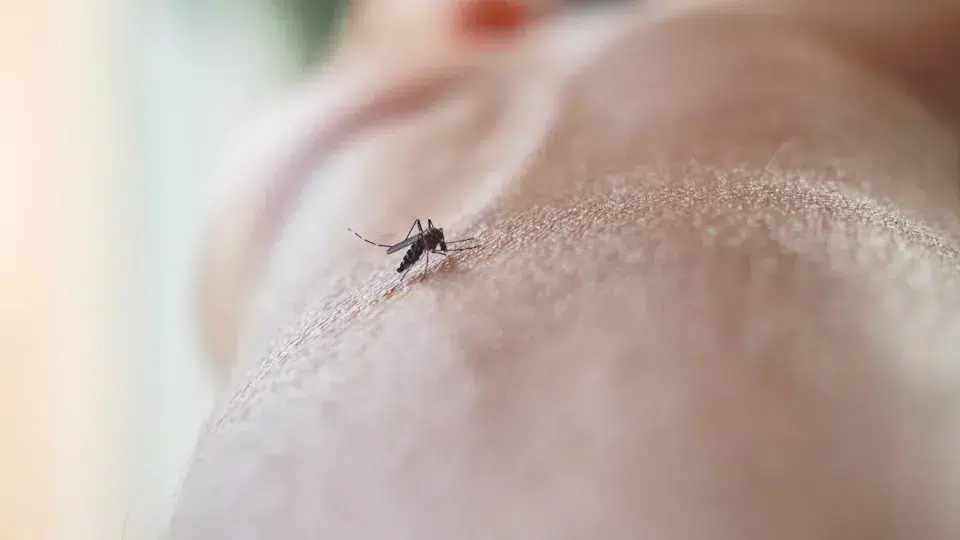
The ULS has announced that the tiger mosquito, considered an invasive species capable of transmitting diseases such as dengue, zika, and chikungunya, has been detected.
“It is important to note, however, that no infected mosquitoes have been detected, nor have there been any locally transmitted disease cases recorded at this time,” the statement emphasized.
According to ULS Braga, an intersectoral intervention is already underway, developed in “close collaboration” with local entities, aiming to prevent and control the proliferation of this invasive mosquito.
ULS Braga emphasizes the importance of preventive measures by the population, particularly the elimination of standing water sites, which serve as potential breeding grounds, and individual protection against mosquito bites.
“Simple measures, such as removing accumulated water from plant saucers, containers, or gutters, frequently washing pet drinking bowls, and protecting homes with mosquito nets, are essential,” it advises.
Additionally, the use of repellents, long and light-colored clothing, and increased vigilance during dawn and dusk, periods of heightened mosquito activity, are highlighted as “highly effective” preventive behaviors.
“The confirmation of the tiger mosquito’s presence in our region requires a joint effort among health entities, municipalities, and the population. Only with the collaboration of all can we control its spread and reduce the risk of disease transmission,” the ULS warns.
Pedro Pereira, coordinator of the Public Health Unit of ULS Braga, stresses the fundamental need for each citizen to adopt simple measures in their daily lives, such as eliminating standing water and protecting themselves from bites.
The initial alert was received at the end of 2024, prompting the ULS Braga Public Health Unit to enhance surveillance as part of the Vector Surveillance Network, a national program that monitors mosquito and tick presence and activity.
Following this reinforcement, the presence of the species was confirmed.




